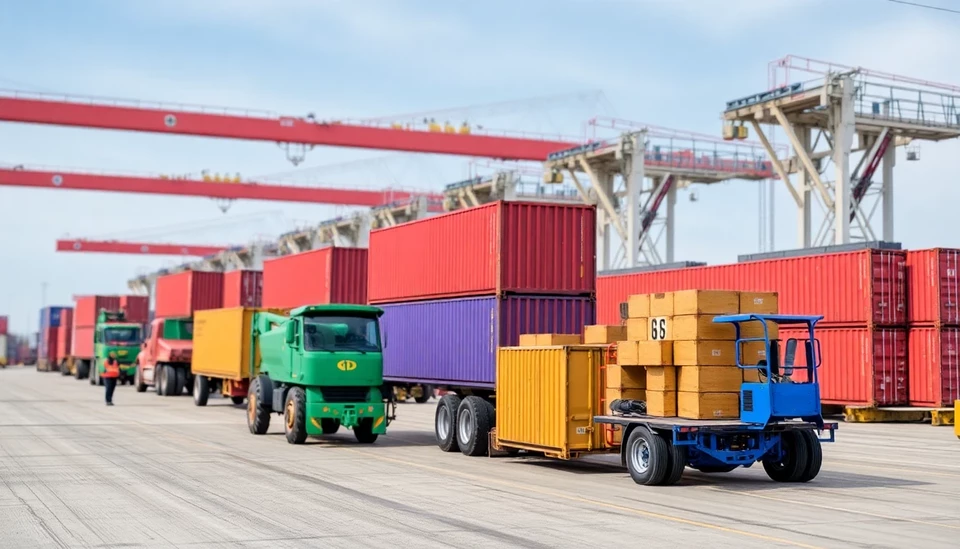
As the United States navigates a complex economic landscape, the ramifications of former President Donald Trump's tariff policies continue to unfurl. Recent studies and reports indicate that the tariffs implemented during his administration are beginning to weigh heavily on American consumers, leading to increased prices for everyday goods.
The core of the issue revolves around the tariffs imposed on numerous imported products, particularly those from China. These cost increases are not confined to high-end tech gadgets or luxury products; they extend to everyday items such as clothing and household necessities. Many Americans are starting to feel the burden of these elevated prices as they affect household budgets and spending habits.
Experts suggest that while the intention behind the tariffs was to protect American jobs and industries from foreign competition, the unintended consequences are now being realized. Businesses facing higher import costs are inevitably passing these expenses onto consumers. This inflationary pressure is causing distinct unease among Americans, who may now find it increasingly difficult to make purchases without stretching their finances.
In a widespread survey conducted recently, a significant portion of the population expressed discomfort with the rising costs of goods, attributing this inflation primarily to the lingering impacts of the former administration's trade policies. Many families are adjusting their purchasing habits, looking for alternative products or opting for less expensive brands in order to cope with the escalating prices.
Political commentators argue that while Trump touted tariffs as a necessary tool for reaffirming American manufacturing, the long-term implications suggest that such approaches might do more harm than good. The continual rise in prices could spark a drop in consumer spending, potentially leading to economic downturns that affect economic growth on a larger scale.
Some lawmakers are already seeking ways to alleviate these pressures on consumers. Proposals for reverting certain tariffs are being discussed within Congress, with some bipartisan support emerging in recognition of the burden on American families. The success of these potential legislative measures remains uncertain, but they highlight a growing recognition of the need for a balanced approach to trade that takes into consideration both national interests and consumer welfare.
As these developments continue, Americans are keenly watching how policymakers will respond to the economic realities created by tariffs. The outcomes of this ongoing situation will not only affect the cost of living but may also significantly influence upcoming political elections, as voters consider the economic landscape and its impact on their daily lives.
In summary, Trump's tariff experiment has left many Americans feeling "queasy" over prices, with a clear need for a reassessment of trade policies that strike a balance between national interests and consumer affordability.
#Tariffs #USEconomy #ConsumerPrices #TrumpTradePolicy #Inflation #AmericanFamilies
Author: Laura Mitchell




